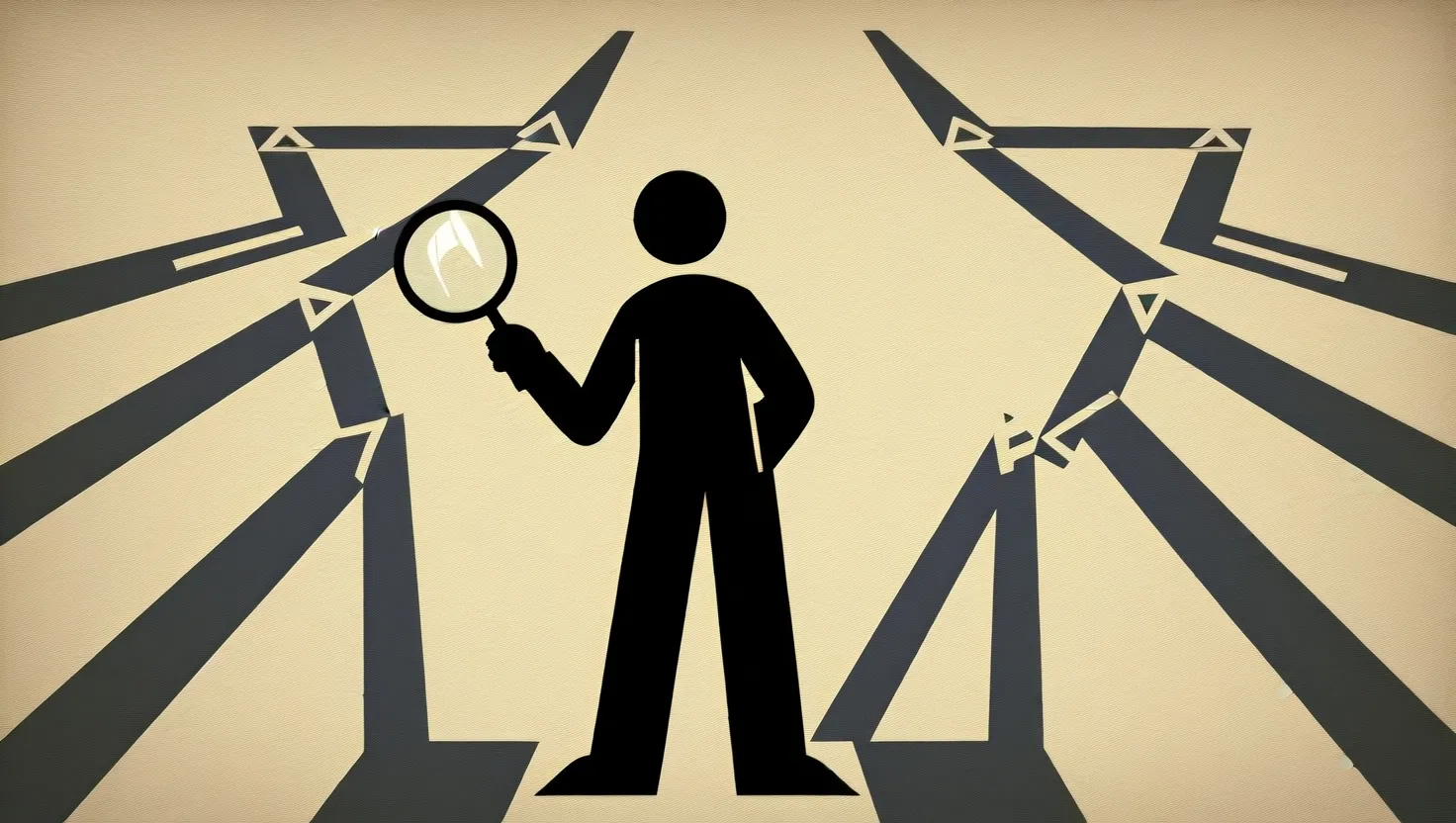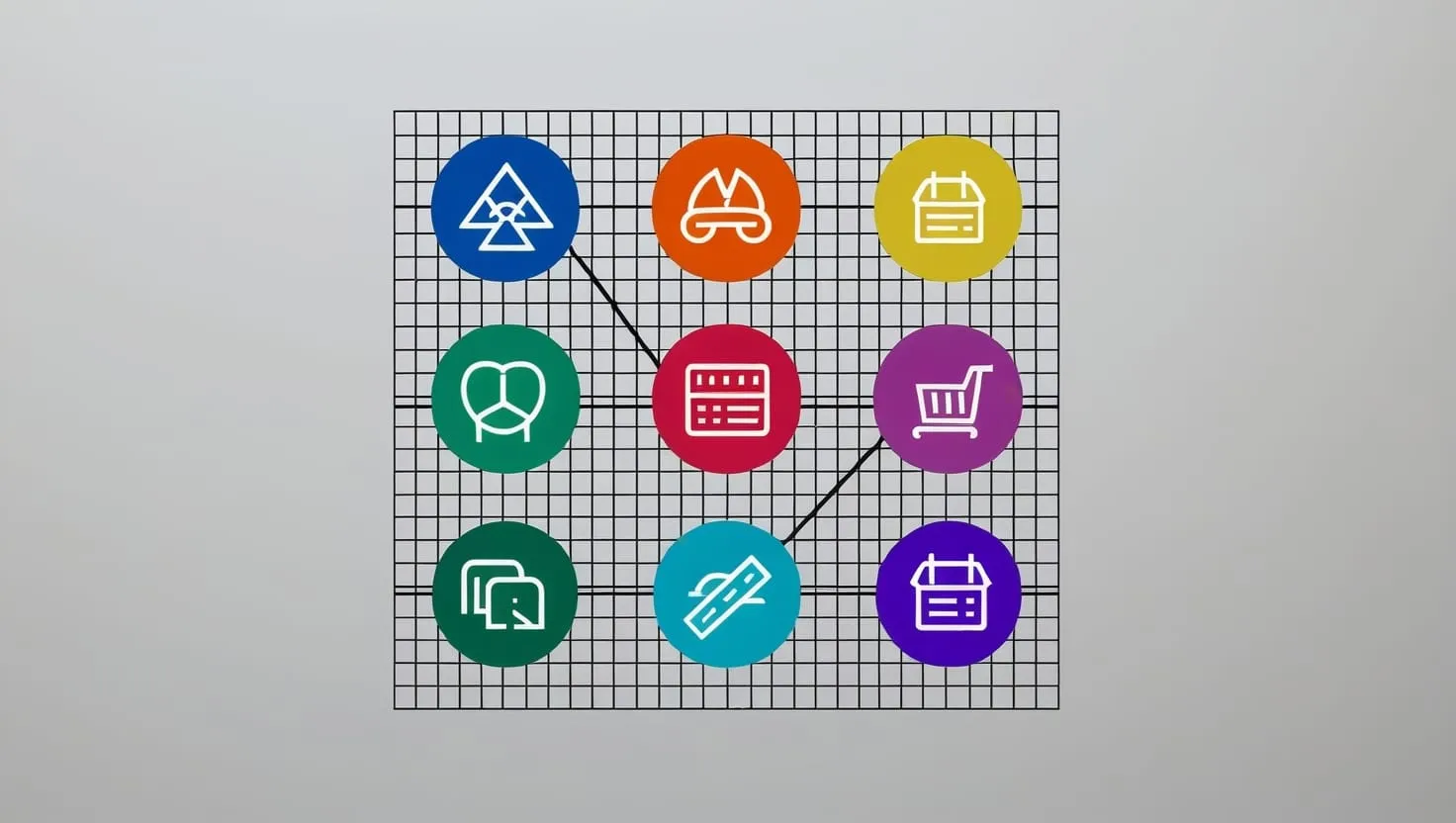When we think about wealth, we often envision grand mansions, luxury cars, and exotic vacations. However, the true essence of wealth, as Morgan Housel eloquently explains in “The Psychology of Money,” is far more subtle and profound. It’s about the unseen, the unsaid, and the unspent.
The Invisible Wealth
Wealth, in its purest form, is not what you see but what you don’t see. It’s the financial independence that allows you to sleep peacefully at night, knowing that you have the resources to handle life’s unexpected twists. This kind of wealth is built on a foundation of savings and frugality, rather than on conspicuous consumption.
“As Warren Buffett says, ‘Price is what you pay. Value is what you get.’” When you prioritize saving over spending, you’re not just accumulating money; you’re buying freedom. The freedom to pursue your passions, to take risks, and to live life on your own terms.
The Power of Saving
Saving is often seen as the less glamorous cousin of investing, but it’s the backbone of wealth-building. Consistently setting aside a portion of your income is a habit that separates the financially stable from the financially stressed. It’s not about depriving yourself of pleasures but about making conscious choices that align with your long-term goals.
How much of your income do you save each month? Is it enough to build a safety net that can withstand economic downturns or unexpected expenses? Remember, wealth is what you have left over after you spend what you take in. So, the more you save, the more wealth you accumulate.
Reasonable Over Rational
Financial decisions are rarely purely rational; they’re often influenced by emotions, biases, and personal values. Sustainable financial decisions are those that align with your personal goals and risk tolerance. It’s about being reasonable rather than rational.
For instance, if you’re risk-averse, it might be more reasonable to invest in stable, low-yield bonds rather than high-risk stocks, even if the potential returns are lower. It’s about understanding what keeps you up at night and making decisions that ensure you can sleep soundly.
As Housel puts it, “The biggest risk of all is not taking any risk.” But this doesn’t mean you should take risks that make you uncomfortable. It’s about finding a balance that works for you.
Room for Error
Life is unpredictable, and so are financial markets. Building wealth is not just about making smart investments; it’s also about preparing for the unexpected. Having a financial buffer—a savings account or emergency fund—can be the difference between weathering a storm and being swept away by it.
How much do you need in your emergency fund? A general rule of thumb is to have enough to cover three to six months of living expenses. But this can vary depending on your job security, health, and other factors.
“Success is a lousy teacher. It seduces smart people into thinking they can’t lose.” Don’t let success lull you into complacency. Always maintain a margin of safety to handle the inevitable ups and downs.
Avoiding Lifestyle Inflation
As your income grows, it’s tempting to inflate your lifestyle by spending more on luxuries. But this is a trap that can derail your wealth-building journey. True wealth is built by saving a higher percentage of your income as it grows, not by spending it all.
Think about it: if you earn $50,000 and save 20%, you’re saving $10,000. If you get a raise to $100,000 but still save only 20%, you’re now saving $20,000. That’s a significant increase in your savings rate, which can compound over time to build substantial wealth.
Aligning with Personal Values
Financial decisions should be personal and reflective of your values. What matters most to you? Is it financial independence, security, or the ability to pursue your passions? When your financial decisions align with these values, you’re more likely to stick to your plan and build lasting wealth.
“Money is a terrible master but an excellent servant.” When you use money as a tool to achieve your goals rather than letting it control your life, you’re on the path to true wealth.
Increasing Life Satisfaction
Wealth is not just about money; it’s about the life you lead. When you have financial independence, you have the freedom to pursue what truly makes you happy. It’s about living a life that is meaningful and fulfilling, rather than one that is merely comfortable.
As you apply these principles—increasing your savings rate, aligning your financial decisions with your personal values, and maintaining an emergency fund—you’re not just building wealth; you’re building a life that is rich in every sense of the word.
So, the next time you think about wealth, remember that it’s not what you see but what you don’t see. It’s the peace of mind, the freedom, and the flexibility that come from making smart, sustainable financial decisions. And as the saying goes, “Wealth is the ability to fully experience life.”
How are you applying these principles in your own life? Are there any changes you need to make to align your financial decisions with your personal values? The journey to true wealth is a personal one, and it starts with the choices you make today.






